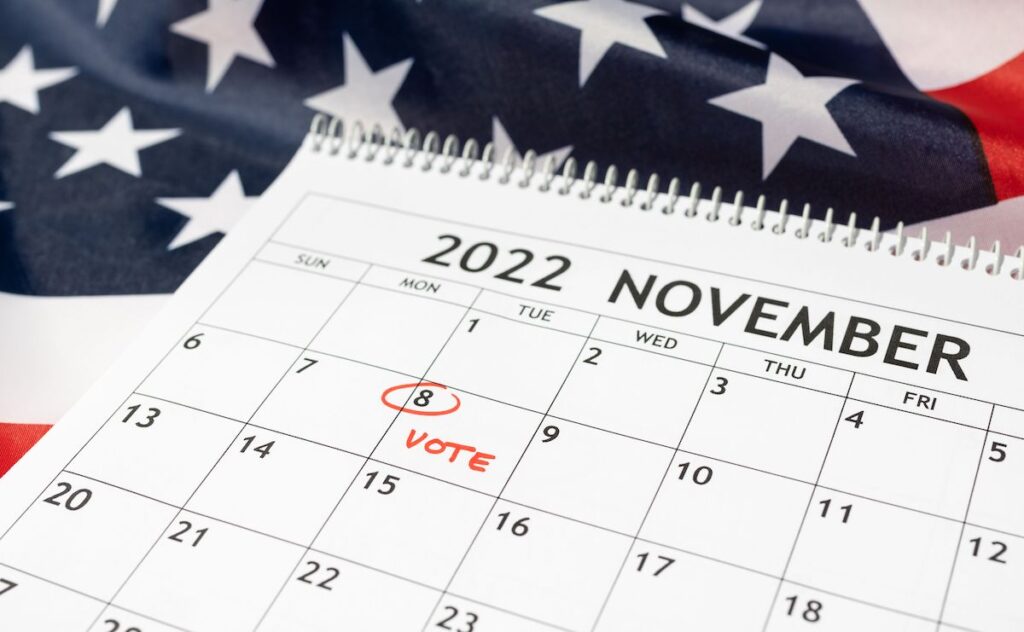Political Activity and Voting at Work: Is Anything Protected?

Election Day is November 8. Some of us choose to keep our political beliefs private, and others are more comfortable participating in public discourse. But what happens when your boss disagrees? Can your political beliefs impact your employment?
Most of us are at will employees. “At will” means you don’t have any job protection either through an employment agreement or a law like the Civil Service Law applicable to some public employees, and you can be fired at any time for any reason as long as it’s not discriminatory or in retaliation for making a complaint. Discrimination is an adverse employment action taken because of a protected status like sex, race, disability, military service, taking FMLA leave, age, etc. Retaliation is an adverse employment action taken because you’ve made a complaint about something the law protects like discrimination or discriminatory harassment or something like a workplace safety law.
What is not a protected status? Your general political beliefs. So, as a general proposition, if your employer doesn’t like your politics or something you’ve said at work, he or she can let you go.
When can there be protection? Under federal law, private employees are pretty much out of luck. There is no federal protection for politically related speech in the private workplace. If you are a public employee, speech can sometimes be protected by the First Amendment, but that is limited in the workplace.
In New York, however, we do have some protection – but it’s still not as broad as covering general political beliefs. Instead, in our state, Labor Law § 201-d protects certain legal, off the clock (and off the job premises) “political activities” from discrimination.
An individual’s “political activities” are narrowly defined to include: “(i) running for public office, (ii) campaigning for a candidate for public office, or (iii) participating in fund-raising activities for the benefit of a candidate, political party or political advocacy group.”
The statute also includes several exceptions where an employee would not be protected such as where the activity “creates a material conflict of interest related to the employer’s trade secrets, proprietary information or other proprietary or business interest.”
If an employer violates this law, the state Attorney General may ask the court to issue an injunction requiring the employer to stop what it’s doing and to impose penalties. An “aggrieved individual” (a person who has been harmed by the employer’s unlawful actions, usually the employee) may also sue for “equitable relief” and damages. “Equitable relief” means requiring the employer to actually do something – like giving the employee his or her job back – as opposed to merely paying the employee money (i.e., “damages”).
In general, and this is true under state and federal law, even if an individual’s political activity is not protected, employees are still protected from discrimination (employees being treated differently because of their sex or race or some other protected status). So, if rules against political activity aren’t applied uniformly, then there may be a problem for the employer from a discrimination perspective.
In New York, we also have some voting protections – not necessarily relating to your employer getting wind of who you voted for, but so that you can vote in the first place. Employees have the right to take necessary (paid) time off from work to vote if they do not have sufficient time outside of working hours. Ten working days prior to any election, employers must post a notice informing employees of their right to take this time off, and an employee must give notice of their intention to take that time at least two working days prior to Election Day. If you believe you are entitled to this time off, you should check your employer’s notice or the Board of Elections website because things like “sufficient time” outside of work are defined in the law and may not apply to everyone.
*This article is not legal advice, does not create an attorney client relationship, and should not be relied on in taking action at work. Every situation is different and depends on its own facts.